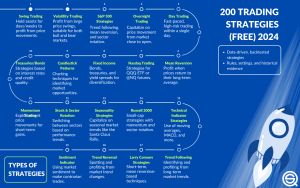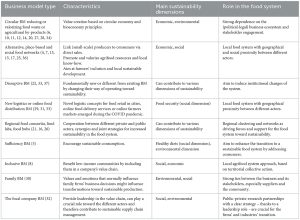Tax Developments Global Financial Centres
2 min read
The latest in global tax law is undergoing an evolution. Its impact on global financial centres and cross-border companies is increasingly pronounced. To implement effective tax strategies, it is essential to understand the current state of tax legislation. This knowledge will help cross-border companies maximize tax efficiency, minimize their tax liabilities and make sound business decisions. This event will cover the latest developments in tax law. You can also attend the event for tax advice and insights.
Historically, financial centres have been affected by changes in global political and economic order. During periods of growth and slump, financial activity has evolved. The development of capital markets and the size of main financial institutions determine the financial capacity of a centre. Other factors such as the presence of foreign banks and the spread of domestic banks influence the development of a financial centre. The global economy is expected to continue to grow and evolve, but it’s important to keep up with changes in international business.
Increasing financial integration has also resulted in the growth of cross-border financial centres. Prior to the 1970s, cross-border financial activities were concentrated in a few major cities. Today, the majority of cross-border activity is carried out by non-resident entities. As a result, these centres have loomed large as intermediaries of cross-border financial flows. Over the last decades, small economies hosting cross-border financial centres have increased their share of external assets and liabilities from 15% to 30%. In the same time, their share of world GDP has remained stable at below 3%.
The authorities of many cross-border centres have begun implementing international standards. They have joined international efforts to fight tax evasion and are involved in automatic exchange of information. In addition, many centres have begun to participate in the Global Forum on Transparency and Exchange of Information for Tax Purposes. And while their regulations are largely compliant with the Financial Action Task Force’s technical requirements, their effectiveness varies.
The competition between cross-border centres is a major factor driving these centres to adopt similar regulatory and tax regimes. However, these centres are specialized in certain activities and have built an ecosystem of services to cater to these needs. They also tailor their regulatory frameworks to the type of activities they facilitate. This allows them to compete with each other in terms of price and quality of service. The competition is fierce and small differences in quality can have significant consequences in market share.
The list of global financial centres varies from country to country. The United States and the UK have the largest cross-border financial intermediation. These two centres have higher GDP ratios than the median cross-country value. Shanghai, however, is not in the league of global financial centres yet, as its cross-border intermediation is still relatively small in comparison to its size. This does not mean that Shanghai has no place in the list, however.







